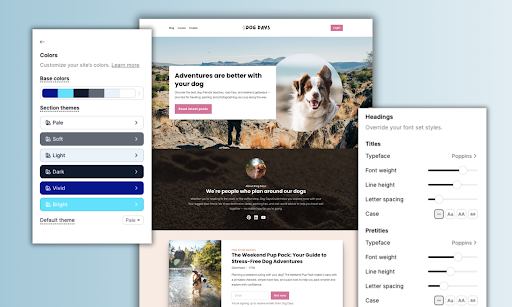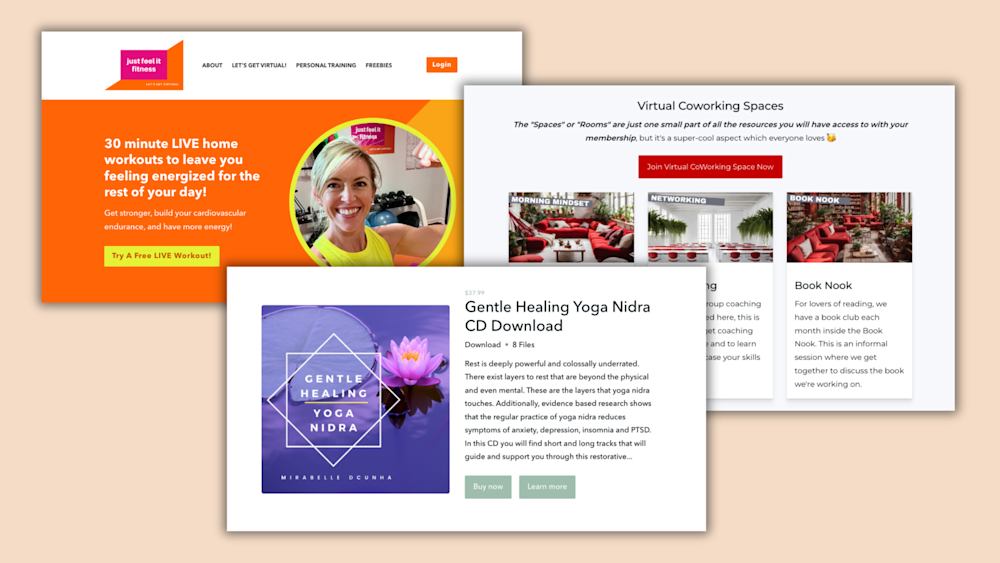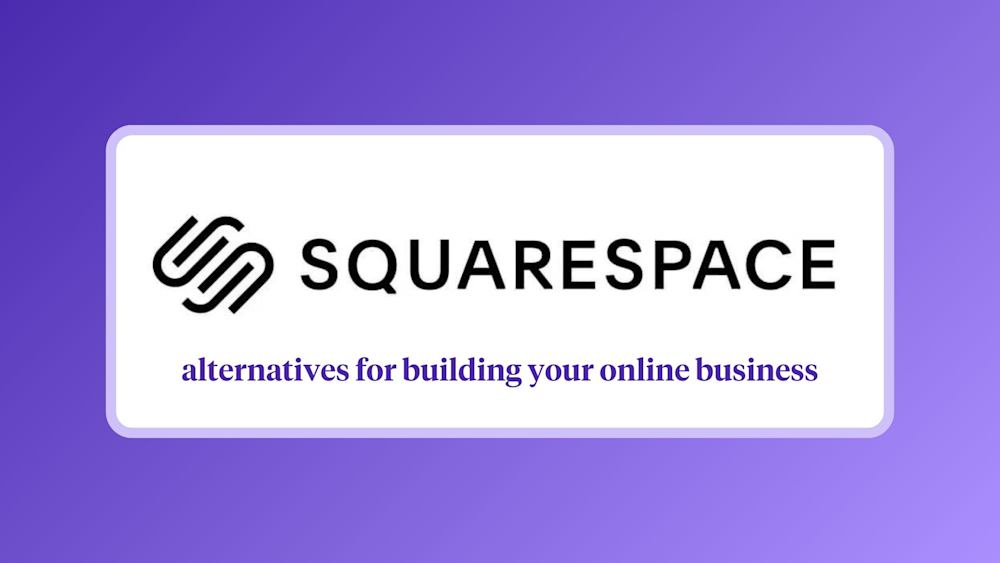The creator economy is booming, but who gets to benefit from this boom? It's not always the creators at the heart of it all.
From cutting payment arrangements to not answering pleas for help to being unclear about their policies, many platforms are showing their hand for how much they really care about their creators.
I get frustrated when I see people using platforms that aren’t creator-friendly, when creator friendliness is so core to why we show up to work at Podia every day. We care about creators' happiness. One, it's the right thing to do, and two, I want to work with customers who are happy and feel like we have their back.
What's creator friendliness?
Creator friendliness is having the creator's best interest in mind, treating them fairly, and supporting their growth. It isn't really a popular term (yet), but creator friendliness remains one of the founding principles of the company.
I want Podia to be a bright spot on the Internet, where not every company is out only to take money out of your pocket and cash out. I want to see more bright spots and for creators to be able to make more informed decisions about their software with creator friendliness in mind.
Here are 5 elements I think are crucial to that happening:
1. Direct, quick payments
I set out to start a company that helps people make money online by doing what they love. So it's no surprise that how creators get paid is one of the biggest factors of whether I see a company or service as creator-friendly.
First of all, you should be able to take payments directly without having to scotch-tape together multiple tools and workarounds, like Venmo. That means having the ability to connect your own payment accounts directly.
When you own the transactional relationship, there's a direct line between money that you earn from your work to the income you actually see. In so many cases, platforms are the middleman — they're responsible for distributing funds collected from your customers — and they’ll often pay out periodically on weekly, or even monthly, schedules.
If you don't own that payment layer of the business — you're locked into whatever the platforms decide. That leaves you vulnerable to scenarios like frozen funds, a payout schedule you can't control, or terms that may change down the road.
2. Pricing that scales well with creator growth
You shouldn't have to pay a lot when you're just starting out as a creator, nor should you have to pay higher fees because of your success in growing.
When you're first starting out, having the tools you need is the first hurdle. As solopreneurs starting new businesses, creators pay for tools out of their own pocket. It’s why we decided to offer a free trial that provides a lot of value without having to buy anything upfront — you can create a great website, start your email list, and sell your first product.
As a creator business grows, the pricing should change with you in a fair way so that it doesn't feel like you're being punished for growing. This is mostly important for creator platforms that take percentages, which should either slide down based on volume or switch to a monthly fee or capped fee.
3. It's easy to get support
If you're running your creator business on a platform, it's so important that you can get help when you need it, as soon as possible. You don't want to write into a black box and not get a reply — or have to wait for it too long — because it's your business and customer relationships that are at stake.
We hear horror stories so often from creators about the lack of help they've received with other platforms and delight that we're responsive. Providing good, timely customer support is part and parcel of a creator-friendly product. If creators can't accomplish what they set out to do with a tool, what's the point?
4. Easy data transportability
Creators work to build their own audience — and long-lasting relationships — and that shouldn't be a reason to get locked into a certain platform.
You should be able to take the fruits of your time and labor along with you, wherever you go. That means the ability to take your data, customers, and earnings with you to a different platform, or at the very least, export off an existing platform, in an easy, quick way.
5. Stability and scalability
Creators need a platform they can rely on, now and later. If you're going to invest time, energy, and money into making a platform work — you should be sure that it's there for you for the long haul. Is it going to shut down or suddenly shift direction and abandon you?
And is it going to be able to grow with you as your business grows? You need tools that can handle added traffic or volume and have more advanced features for you, as you progress in your creator journey — instead of the disruption of having to jump from one tool setup to another, again and again.
There are so many other elements of creator friendliness — from having transparent content policies on social media platforms like Twitter, Facebook, and YouTube to how transaction fees are structured.
It all comes down to whether creators are treated fairly. You shouldn't feel helpless, deceived, powerless when it comes to this journey.
As the creator economy matures, people are getting more savvy in their choices and learning from frustrating experiences in certain platforms. In the past, creators would often go for the "brand" first — and I think they'll be thinking more and more about creator friendliness and whether their values and incentives align with the platforms they choose to use.
My advice to creators — especially new creators — is that whatever platform you choose, to get out there and start building. The creators who are the most successful are the ones that hit publish, and the people who try to do too much just get stuck. Get the smallest thing you can out there and build from there — how can you get that first piece of content out? Start your community?
Whatever you use should help you get out there and create, providing support while not getting in the way with unfair terms or uncaring practices.
Check out the Creator Friendliness Index for more creator-friendly factors and how popular creator tools stack up.



